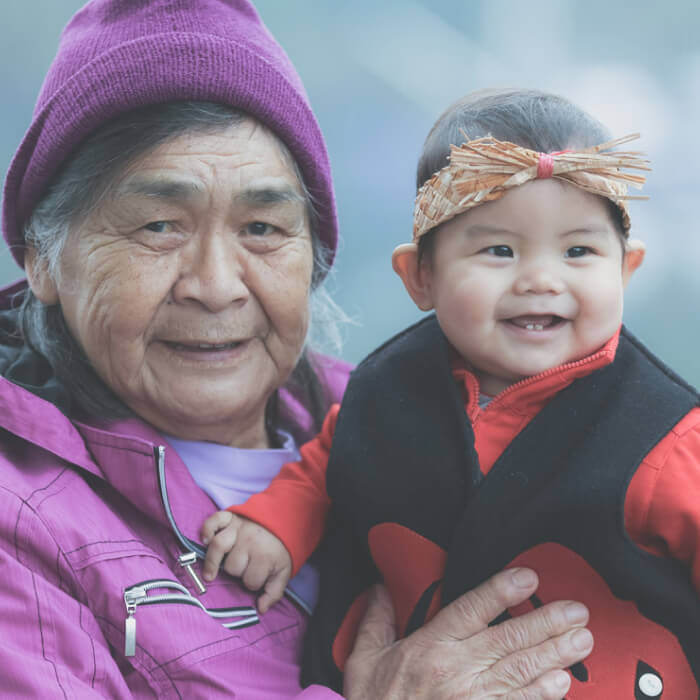May 28, 2021 | Coast Salish Territory – Our hearts are broken by yesterday’s news from the Secwépemc Nation about the discovery of a mass grave. At this time, we stand with our relations in the Tk’emlúps te Secwépemc community, and with all First Nations people in BC, who are hearing this news and grappling with the discovery of remains from 215 bodies on the site of the former Kamloops Indian Residential School.
This horrific news will have a significant impact on the Tk’emlúps community and all other First Nations communities and families whose children attended residential school. With the legacy of Indian Residential Schools in Canada a part of everyday lived experience for First Nations people, this discovery means individuals in BC and across Canada will be reliving grief and pain. Taking care of our mental health and coping as we are triggered is essential.
Supports include the KUU-US Crisis Line, Tsow-Tun-Le-Lum Society and the Indian Residential Schools Survivors Society. Contact information for services is below, and other resources can be found on the FNHA website
- 24-hour KUU-US Crisis Line at 1-800-588-8717
- Tsow-Tun-Le-Lum Society at 1-888-403-3123
- Indian Residential School Survivors Society at 1-800-721-0066 or 604-985-4464
We will call upon our ancestral teachings and ceremonies as we support the families and communities whose children attended this school and especially to those whose children never came home. As partners in the made-in-BC Health Governance Structure, our response in the coming weeks and months will be aligned with the needs and protocols of the Tk’emlúps te Secwépemc community and Secwépemc Nation, within whose territory this Indian Residential School is situated. We also extend this support to all communities throughout BC.
We express our appreciation for Tk’emlúps efforts to conduct this investigation in a culturally sensitive way. We also honour and acknowledge our Chiefs, Traditional Leaders and Matriarchs for their wisdom as they are called upon to support their communities during this time. We stand with them and support them.
About the BC First Nations Health Governance Structure: The First Nations health structure belongs to First Nations in BC. Its beginnings start with the signing of the Transformative Change Accord to address health disparities between First Nations and other residents in BC by the First Nations Health Council, the Province of BC and the Government of Canada. Our success is rooted in a core set of values, our guiding Seven Directives given to us by BC First Nations, and our Shared Vision Statement and collective goal of “Healthy, Self-Determining and Vibrant BC First Nations Children, Families and Communities.” The structure includes: 1) the First Nations Health Council (FNHC), created in 2006 and re-structured in 2010, as a provincial-level political and advocacy organization with a regionally-appointed 15-member Council; 2) technical advice and capacity development from the First Nations Health Directors Association (FNHDA) which was formally created in 2010; and 3) the First Nations Health Authority

